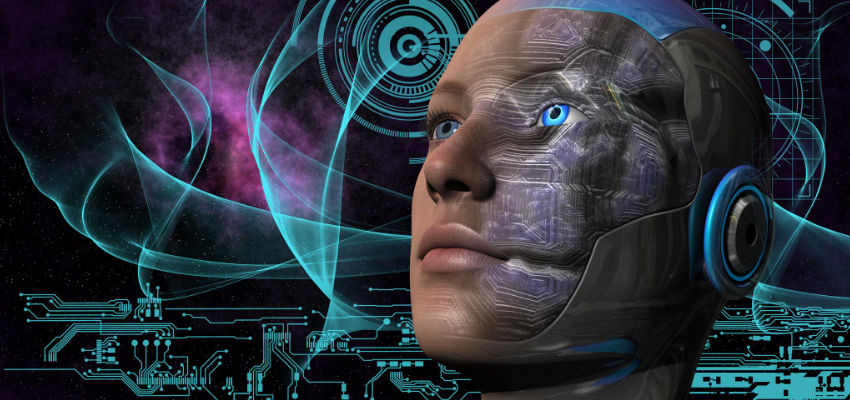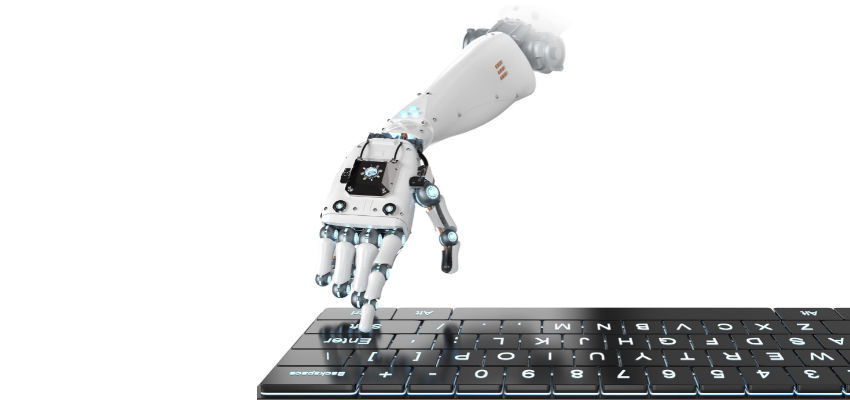Show:
3 Viable Applications Of AI In Project Management
Project management has always been a human skill. Project managers have extensive soft skills and domain knowledge and juggle meeting deadlines, communicating with stakeholders, and leading people daily. None of these functions have been associated with machine intelligence before, and rightfully so.

However, project management involves a range of small manual tasks, like quickly analyzing data from documents and summarizing Zoom meetings. With the rapid development and increasing accessibility of AI, at least partially automating project management workflows has become possible, allowing managers to improve their efficiency. With world-renowned platforms like Jira partnering with AI consulting firms to integrate AI into their systems, the range of project management tasks that AI can perform is expanding rapidly. So in this article, we’ll explore how AI can be used by project managers today.
Use cases of AI in project management
While AI has been on the radar of businesses for a long time, it’s only recently that the technology has become feasible, understandable, and accessible to an average project manager. At the moment, multiple project management tools are still in the process of developing their custom AI models or adjusting open-source LLMs for virtual chatbots in their project management systems.
Creating schedules
Without exception, all project management tools have scheduling capabilities and templates for tasks and milestones that project managers use to create project schedules. Regardless of the scheduling tool’s comprehensiveness and UX design, it still is just an advanced form of keeping tables and spreadsheets. So by analyzing all available data about the project, AI-driven scheduling systems can draft a schedule with all the requirements, including estimated project timelines, WBS, and resource demands.
For example, Projectum, a project portfolio management tool, uses AI to simplify creating schedules. Depending on the quality and depth of input data, the system can optimize resource allocation and create more accurate schedules quickly.
Detecting risks
The project manager’s ability to detect and manage risks is what often makes or breaks the project in the long run. The earlier the risks are defined, the higher the chance of addressing them in time. This requires project managers to be on top of the ever-changing project conditions and requirements, which is an important yet time- and resource-intensive task. This is why project managers often create a log of risks based on their hands-on industry experience instead of analyzing the current project’s data.
Current AI-driven tools can already generate risk logs based on the provided context, significantly accelerating project planning. On top of that, more advanced AI-enabled project management systems can continuously track the project’s changing requirements and immediately highlight emerging risks.
Asana, a popular project management tool, integrated AI to assist project managers in their day-to-day decision-making. For example, Asana’s custom AI model can automatically process project data, detect risks, and highlight potential pitfalls.

Improving communication efficiency
Project managers’ daily routine includes tasks like writing responses, summarizing meeting notes, creating reports, and performing other activities requiring text analysis.
Forward-looking project managers have recognized the potential of ChatGPT to improve their communication skills and decrease the time it takes to work with text data early on. Currently, almost all large project management platforms have already integrated or are planning to implement LLM functionality to assist users with generating and analyzing text.
For example, Asana integrated a custom LLM model that helps users write cleaner responses and summarize conversations, comments, and tasks. In 2024, Asana plans to launch a new feature that will allow project managers to draft strategies by describing project goals in natural language. Similar to Asana, ClickUp also uses AI to help users write better copies and summarize comment threads, meeting notes, and other textual communication. What’s more impressive is that ClickUp’s AI algorithm can generate a list of relevant next steps based on task descriptions and comments.
A transformative force in project management
While AI is one of the innovative technologies in marketing and finance, project management has been comparatively slow to adapt. Many companies are still relying on spreadsheets and rudimentary file sharing systems to manage their projects. In reality, this approach can still be sufficient for projects where success mainly depends on meeting deadlines. However, in today’s increasingly complex business landscape where project requirements are changing rapidly, the conventional approach to management isn’t enough.
With the recent proliferation of ChatGPT and AI getting more accessible overall, AI has finally become a value-adding and reliable tool for getting the work done faster and without compromising quality. From drafting an email to assessing risks in real-time, AI can transform project management. With the technology’s speed of development, it’s just a matter of time before AI will become a standard tool in every project manager’s arsenal.

 Return to Previous Page
Return to Previous Page








